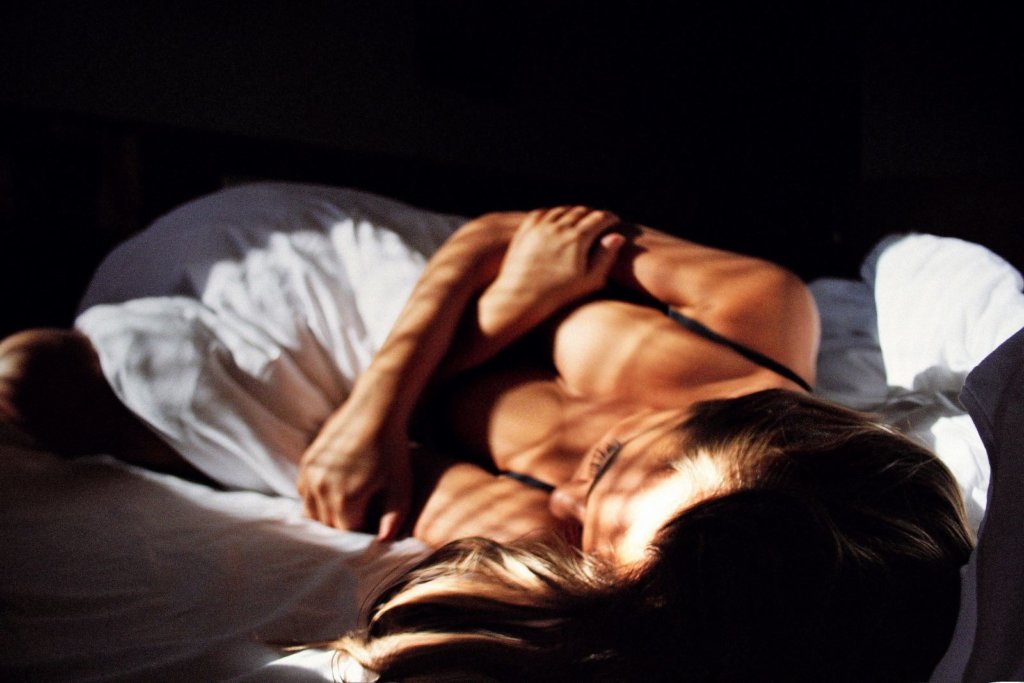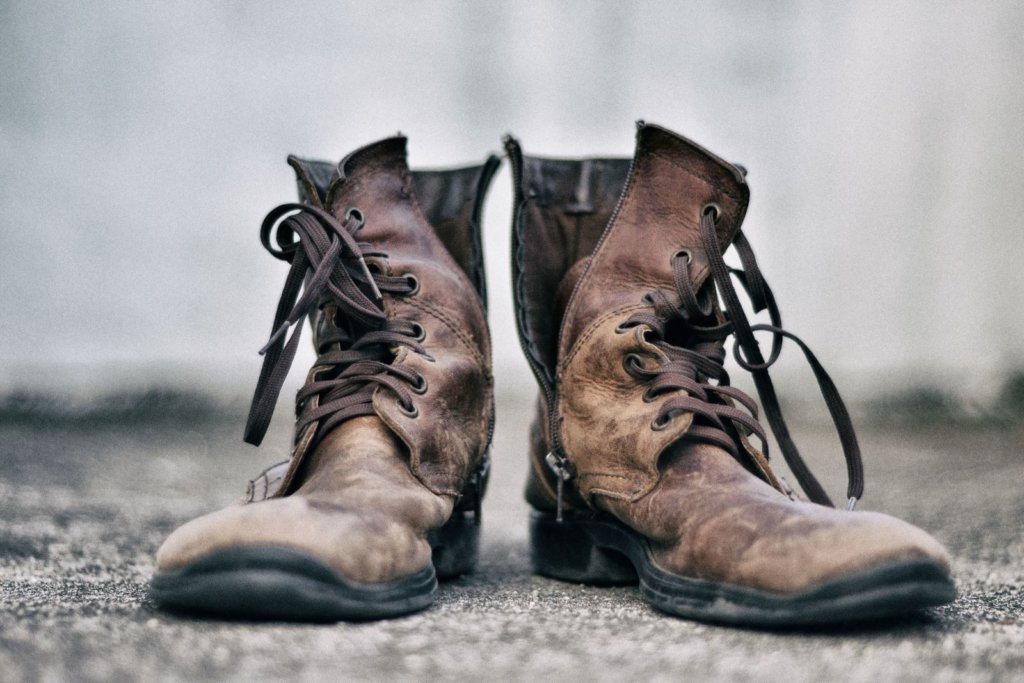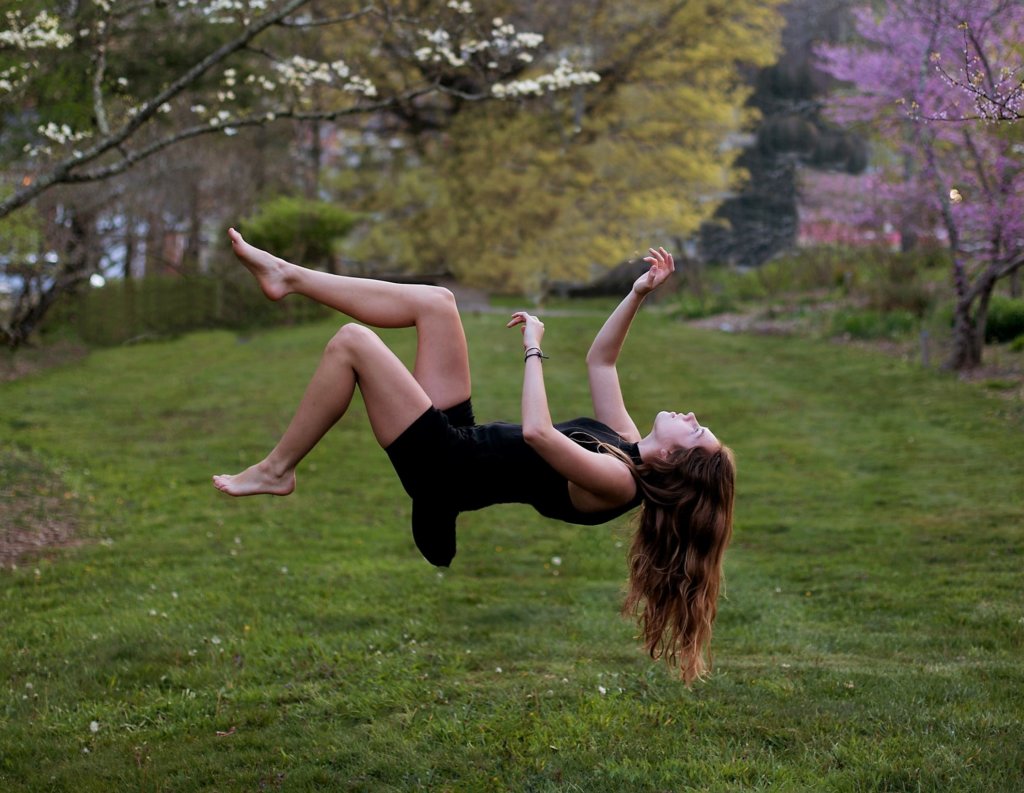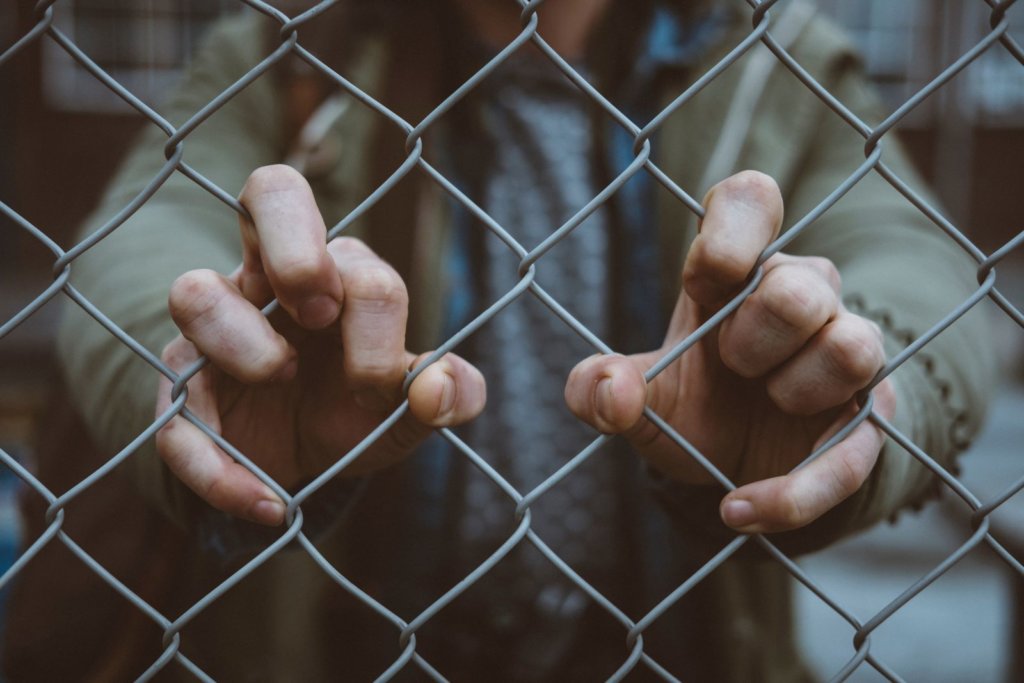I didn’t think I was going to write about this today but the topic has been at the forefront of my mind so here we are. Perhaps a little naïvely, I thought after my sleep got sorted the rest of my health would fall into place like dominoes lining up with one another. While it’s true being able to sleep well has made a huge difference in how I feel every day and how much energy I have, it hasn’t affected what’s going on with my digestion.
I notice even saying that my stomach tightens a little. I have some shame about my health conditions like they’re my fault, that I’m to blame. I define shame as the feeling on a fundamental level that there’s something wrong with me, whereas guilt is the feeling I did something wrong. That means when it comes to my health, a part of me thinks I’m messed up, there’s nothing I can do about it, and it’s all my fault.
When I mentioned this to my therapist he said, “Wait, so you don’t think that anyone who experienced your particular life circumstances and conditions would have the same problems?” Hearing that kicked some things loose and reminded me the body responds to stimuli. And furthermore that the trauma I’ve experienced in my life is always running in the background because it’s stored in the central nervous system. We used to think trauma was stored in the brain as a memory, but the latest research shows trauma is stored in the body. You might have heard of the book The Body Keeps the Score, which is all about this.
 |
| The body is not a machine as much as we like to pretend otherwise. Photo by Daria Litvinova on Unsplash |
I’ve cried off and on this past weekend as I’ve gotten in touch with how much the events of my life have affected me, and specifically my physical health. I’ve spent so much time in survival mode, putting one foot in front of the other, that I haven’t absorbed the impact of trauma specifically on my body. It happened in the past so it doesn’t matter, right? Wrong. Because trauma is alive in the body. It’s alive in my body. It’s manifesting itself in my digestive system which is in charge of what? Processing. I haven’t fully processed all the traumatic events in my life so it makes sense the part of my body that’s in charge of processing would also be affected.
In his book The Body Keeps the Score, Dr. Bessel van der Kolk said, “As long as you keep secrets and suppress information, you are fundamentally at war with yourself…The critical issue is allowing yourself to know what you know. That takes an enormous amount of courage.”
What I’m knowing right now, what I’m sharing right now, is the trauma I’ve experienced has affected me. It’s left a mark on my body. No amount of comparing myself to other people, to minimizing what I’ve gone through, or brushing it aside will change my past. Just as it was naïve to think getting good sleep would solve all my problems, it’s also naïve to think enduring traumatic events would leave me unscathed not only psychologically but also physically. As Dr. van der Kolk and many others have said, awareness is the first step in moving toward a solution. This is me, deepening my awareness.
I dream of a world where we remember the body and mind are linked. A world where we understand trauma lives in the body and it’s important to take that into account where our health is concerned. A world where we treat not only other people with love and care, but also ourselves.
Another world is not only possible, it’s probable.


